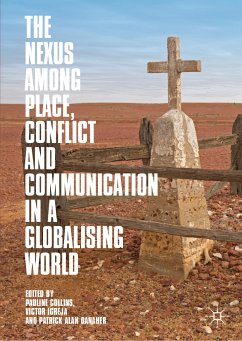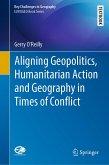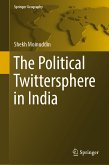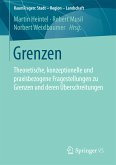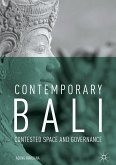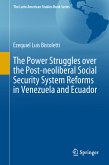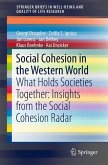The world abounds with conflicts and the associated communication practices and technologies that perpetuate and contest conflict as it occurs in place. All conflicts are crucially connected with place, and all conflicts are communicated in multiple ways. This book explores the complex nexus among place, conflict and communication and brings together 11 investigations around the interplay of place, conflict and communication. The interdisciplinary focus includes education, history, international relations, law and sociology. The chapters are geographically diverse, traversing Aceh in Indonesia, Australia, England, Finland, Ireland, Singapore, South Africa and Zimbabwe. The book highlights the possibilities for reimagining the future so that more democratic and peaceful understandings of place can lead to fewer conflicts and less conflict-based communication. Better futures are possible only if place is replotted, conflict is reconceptualised and communication is recontextualised from new, varied and more inclusive perspectives with a vision to creating a more harmonious world.
Dieser Download kann aus rechtlichen Gründen nur mit Rechnungsadresse in A, B, BG, CY, CZ, D, DK, EW, E, FIN, F, GR, HR, H, IRL, I, LT, L, LR, M, NL, PL, P, R, S, SLO, SK ausgeliefert werden.
Hinweis: Dieser Artikel kann nur an eine deutsche Lieferadresse ausgeliefert werden.

